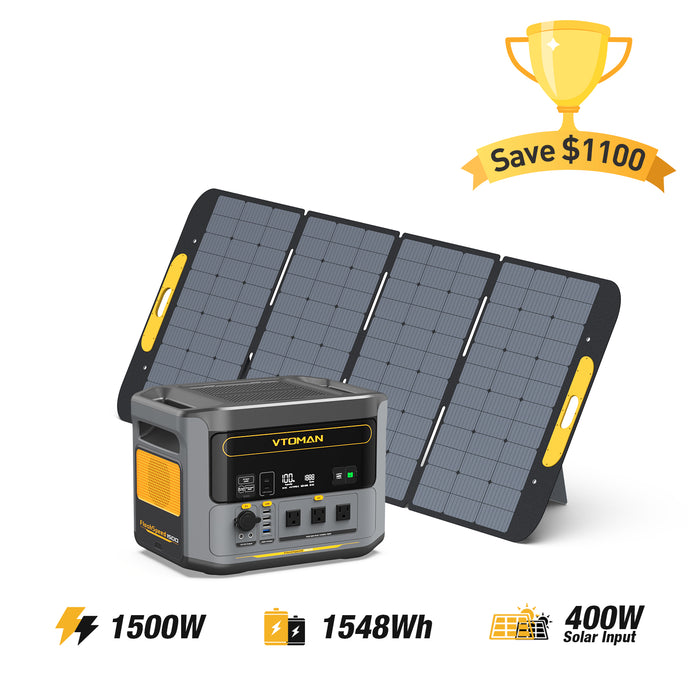As the world increasingly shifts towards renewable energy, energy storage systems for home have emerged as a pivotal solution for managing residential power. These systems not only enhance energy efficiency but also provide homeowners with greater control over their energy consumption. In this article, we will explore the various aspects of energy storage systems and their significant impact on residential power management.

Understanding Energy Storage Systems for Home
Energy storage systems for home primarily consist of batteries that store energy generated from renewable sources, such as solar panels. By capturing excess energy during peak production times, these systems allow homeowners to utilize stored energy during periods of high demand or when renewable sources are not producing energy. This capability leads to a more reliable and resilient energy supply.
Benefits of Energy Storage Systems
- Cost Savings: Homeowners can significantly reduce their electricity bills by using stored energy during peak hours when electricity rates are higher.
- Energy Independence: With energy storage systems, homeowners can rely less on the grid, especially during outages or emergencies.
- Environmental Impact: Utilizing renewable energy sources reduces carbon footprints, contributing to a more sustainable future.
- Grid Stability: By storing energy, these systems help stabilize the grid, especially during high-demand periods.
Types of Energy Storage Systems for Home
There are several types of energy storage systems available for residential use. Each type has its unique features and benefits:
- Lithium-Ion Batteries: Known for their high energy density and efficiency, lithium-ion batteries are the most common choice for home energy storage.
- Lead-Acid Batteries: These are more affordable but have a shorter lifespan and lower energy density compared to lithium-ion options.
- Flow Batteries: Ideal for larger energy storage needs, flow batteries offer scalability and long cycle life.
How to Choose the Right Energy Storage System
When selecting an energy storage system for home, several factors should be considered:
- Energy Needs: Assess your household's energy consumption to determine the capacity required.
- Budget: Evaluate the initial investment versus long-term savings to find a system that fits your financial plan.
- Space Availability: Consider the physical space available for installation, as some systems require more room than others.
The Future of Energy Storage Systems for Home
The future of energy storage systems for home looks promising. As technology advances, we can expect improvements in battery efficiency, cost reductions, and increased integration with smart home systems. Homeowners will have more options than ever to customize their energy solutions, leading to a more sustainable and efficient energy landscape.
In conclusion, energy storage systems for home are not just a trend; they represent a fundamental shift in how we manage energy at the residential level. By understanding their benefits and types, homeowners can make informed decisions that contribute to both their financial savings and environmental sustainability.








